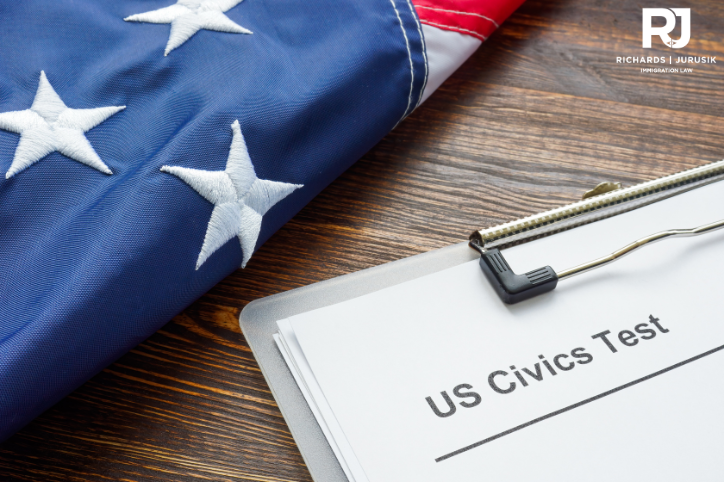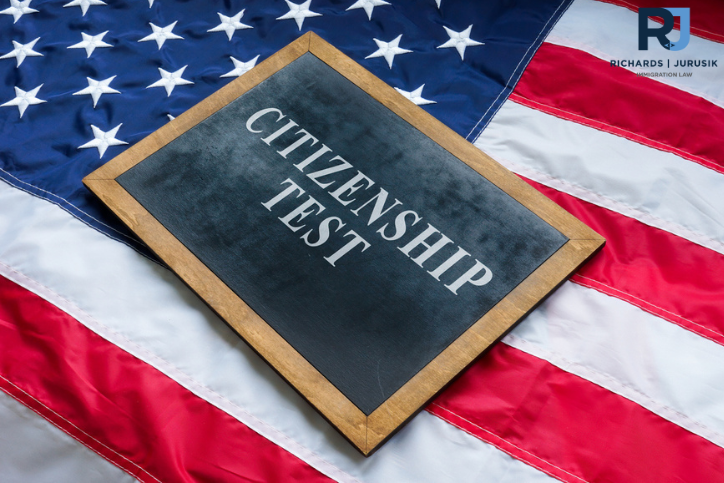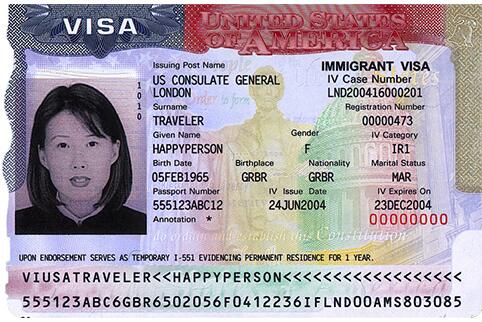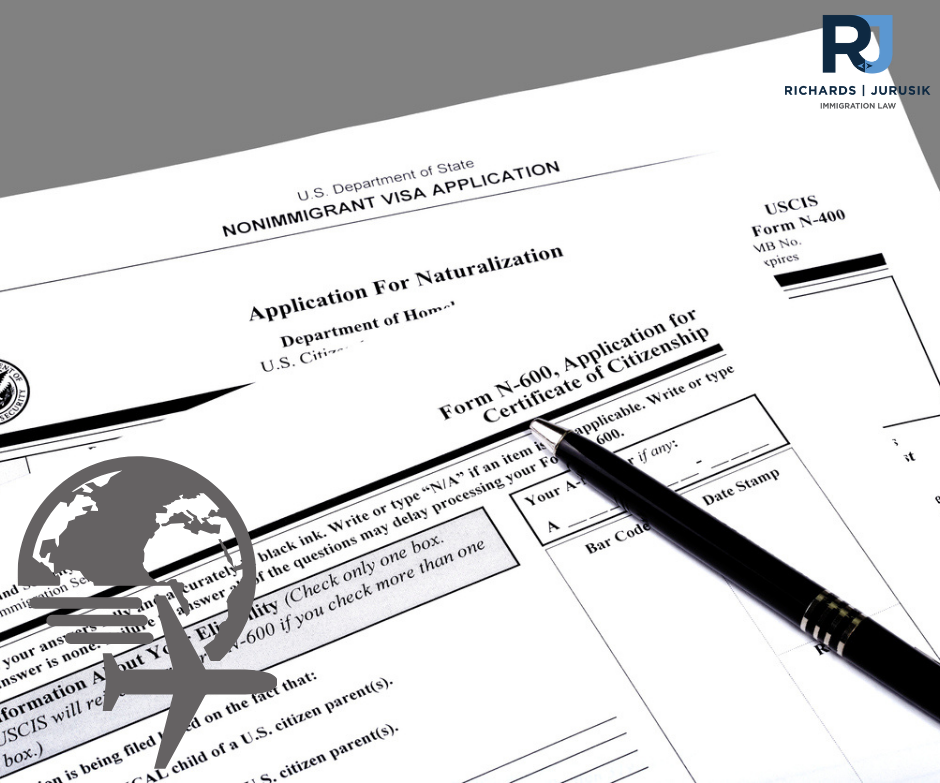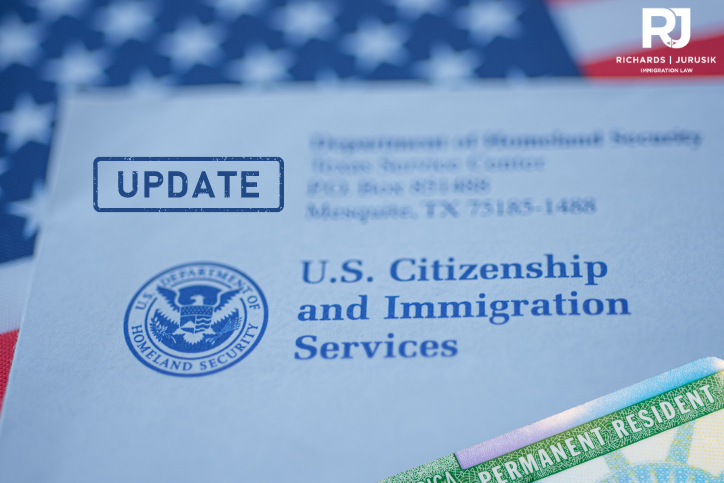Becoming a U.S. citizen through naturalization involves a crucial step: passing the U.S. Citizenship Test. This examination requires applicants to demonstrate comprehensive knowledge of U.S. history, government, and civic responsibilities. This article covers the U.S. citizenship test and what you will need to know for a successful naturalization process.
Breakdown of the US Citizenship Test Sections
The US Citizenship Test is categorized into four distinct sections, each focusing on different pillars of American society:
- American Government: This segment assesses your understanding of the U.S. government’s framework and functions, including in-depth knowledge of the Constitution, the operational specifics of various government branches, and the roles and rights of citizens.
- American History: This section covers pivotal events and notable figures that have shaped the nation from the colonial era to modern times, highlighting the principles that have driven the country’s development.
- Integrated Civics: Focusing on U.S. geography, national symbols, and important holidays, this section enriches your appreciation of American culture and traditions.
- English Language Skills: Evaluating your proficiency in English, this section tests your ability to read, write, speak, and understand the language—a fundamental requirement for all prospective citizens.
Detailed Exploration of the 100 Civics Questions
The USCIS continues to use the 2008 Civics Test format for the naturalization process. Comprehensive study materials are readily available, including question lists and MP3 audio explanations in English. You can access the 100 Civics Questions and Answers for the 2008 Test with MP3 Audio (English version).
Strategic Test Preparation
Maximize your chances of success with these tailored strategies:
- Understand the Test’s Structure: Familiarity with the test format can significantly reduce stress and enhance concentration.
- Maintain a Regular Study Schedule: Dedicate specific times for study to ensure consistent progress and retention of information.
- Employ Diverse Learning Tools: Using a range of study aids, from flashcards to online quizzes and educational apps, can solidify your knowledge base.
- Focus on Comprehension: Aim to truly understand the content rather than memorize it, aiding in easier recall and application under varied test conditions.
- Practice English Regularly: Engage in activities that require reading, writing, speaking, and listening in English to improve language skills.
- Utilize Practice Exams: Regularly taking practice tests will help familiarize you with the test format and identify areas needing further study.
- Keep Informed: Staying updated with current events and government policies can add practical context to your study material.
- Review and Relax: Ensure you have time to review your knowledge before the test and approach the exam calmly and confidently.
Frequently Asked Questions (FAQs)
In this final section, we answer common queries about the test and the naturalization process. This valuable resource can help clarify any lingering doubts and provide additional guidance on your path to U.S. citizenship.
1. What are the eligibility requirements for U.S. citizenship through naturalization? To be eligible for naturalization, an applicant must be at least 18 years old, have permanent resident status (Green Card) for at least five years (three years if married to a U.S. citizen), have continuous residence and physical presence in the U.S., be able to read, write, and speak English, have knowledge of U.S. history and government, and demonstrate good moral character.
2. How long does the naturalization process take? The duration can vary widely among applicants. Typically, it takes 6 to 12 months from the time you file your application to the time you take the Oath of Allegiance, although times can vary depending on your local office and specific circumstances.
3. What is the naturalization test like? The naturalization test consists of two main parts: the English test and the civics test. The English test has three components: speaking, reading, and writing. The civics test involves answering up to 10 questions from a list of 100 possible questions on U.S. history and government; you must answer correctly at least 6 of the ten questions to pass.
4. Can I retake the naturalization test if I fail? Yes, if you fail any part of the naturalization test during your interview, you will be given one more opportunity to take the test. The second change is typically scheduled within 60 to 90 days of the first interview.
5. Are there any exceptions to the English and civics tests? Yes, there are exceptions and modifications to the naturalization test requirements for those who qualify. Applicants over 50 who have lived in the United States as permanent residents for periods totaling at least 20 years and those over 55 with at least 15 years of permanent residency may take the civics test in their native language. There are also accommodations for applicants with disabilities.
6. What documents are required when applying for naturalization? You must provide copies of your Green Card, travel records, current and previous marriage certificates, and documents about previous marriages of both you and your spouse, among other requirements.
7. How can I prepare for the naturalization interview? Preparing for your interview involves studying for the English and civics tests, organizing your supporting documents, and understanding the details of your application. Practice answering potential questions about your background, application, and character.
8. What happens after I pass the naturalization test? After passing the naturalization test and interview, you will receive a notice to take the Oath of Allegiance. This is the final step in the citizenship process. Once you take the oath, you will receive a Certificate of Naturalization, officially recognizing you as a U.S. citizen.
Conclusion
Achieving U.S. citizenship is a significant milestone. With a solid understanding of the US Citizenship Test’s structure and content and practical preparation, you are well-equipped to pass the test and embrace the responsibilities and privileges of U.S. citizenship.
Schedule a Consultation with an Immigration Lawyer
Citations
We Can Help!
The US immigration lawyers at Richards and Jurusik Immigration Law have decades of experience helping people to work and live in the United States. Read some of our hundreds of 5-star client reviews! Contact us today to assess your legal situation.

